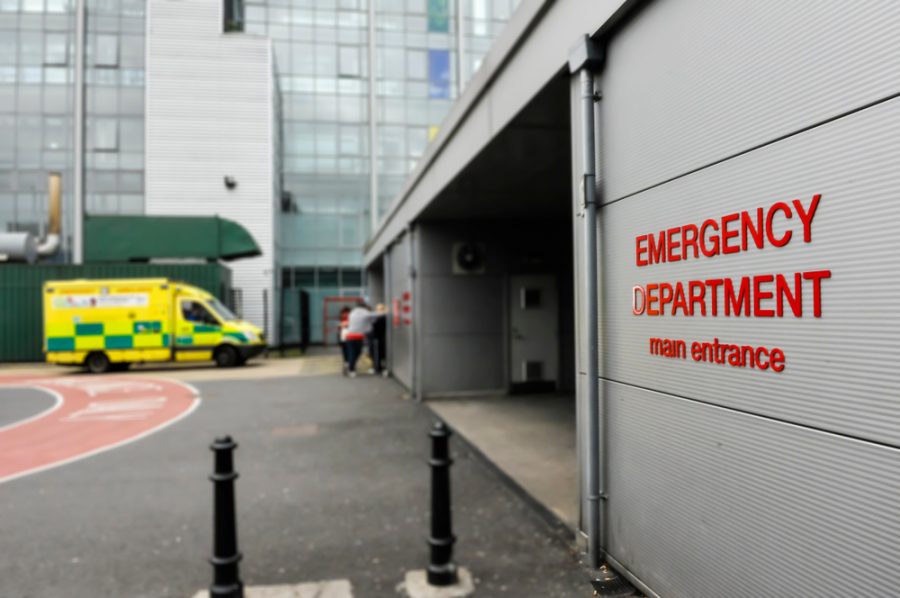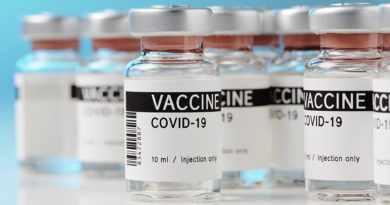Millions missed vital diagnoses during the fake ‘Covid pandemic’. But a woeful shortage of the very equipment that could slash waiting times means we’re facing a fresh crisis

Arriving at A&E in the middle of the night in January, Marion Herron feared she’d be stuck in hospital for days.
The 54-year-old had started feeling unwell — with slurred speech, a headache, ringing ears and loss of balance — just an hour or so earlier, while watching TV with her husband Alan. Realising something was seriously wrong, he called an ambulance.
With coronavirus restrictions in place, Alan, 57, a retired policeman, couldn’t go with Marion to hospital and she feared she’d be stranded there, alone.
‘I remember thinking, “Will I ever come back?”,’ says Marion, a mobile hairdresser from Ashington, Northumberland. But the hospital where she was taken had a new approach to scans, which meant that Marion was diagnosed, treated and home again within a matter of hours.
The scheme at Northumbria Healthcare NHS Foundation Trust sounds simple enough: emergency patients get their own dedicated imaging equipment to ensure fast access to ultrasound, CT and MRI scans. Since the scheme’s introduction six years ago, waiting times for scans have halved and the length of hospital stays has dropped by a third among emergency patients, freeing up beds to treat others.
Scans are the gateway to NHS medical care, and are pivotal to its smooth running.
They range from simple X-rays and ultrasound, to high-tech computerised tomography (CT, where multiple X-rays are used to produce a more detailed image) and magnetic resonance imaging (MRI, where magnetic fields and radiowaves generate images of organs in the body), and play a key part across the whole care process.
Without scans, a patient has symptoms, not a diagnosis. But as well as diagnosing conditions ranging from cancer and stroke to heart disease, infections and broken bones, scans are needed to plan and carry out treatments, and to monitor patients to see if those treatments are working.
Scans are also vital for discharging patients from hospital or from their treatment.
Read More: Millions missed vital diagnoses during Covid – now a woeful shortage of equipment
*** This article has been archived for your research. The original version from David Icke can be found here ***



